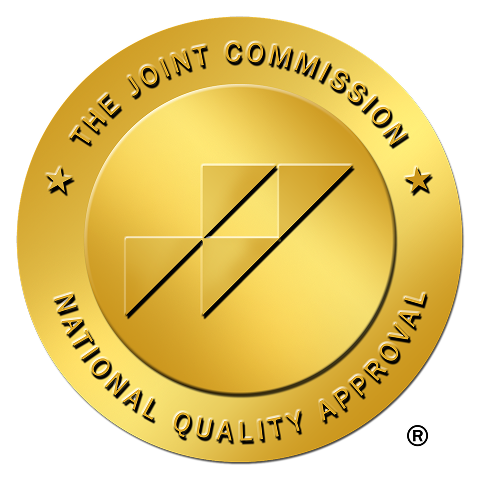Mood Disorder Treatment at Overstory Health
Mood disorders affect emotional state, causing persistent depression, mania, or mood swings. About 1 in 5 people experience them, impacting daily life, relationships, and overall well-being.






Major Depressive Disorder
Persistent sadness, loss of interest, and functional impairment lasting at least two weeks.
Bipolar Disorder I
Manic episodes lasting at least 7 days, often with depressive episodes.
Bipolar Disorder II
Recurring depressive episodes and hypomanic episodes, without full manic episodes.
Comprehensive Care Tailored to Your Needs
Our programs, known as Intensive Outpatient (IOP) and Partial Hospitalization (PHP) Programs, offer an intermediate level of care best suited for those in need of greater support than standard weekly therapy but without requiring a hospital stay. We provide:


Our Approach to Intensive Therapy
Overstory offers expert-reviewed, flexible, and compassionate mental health care tailored to individual needs, with personalized goals and whole-person support.


The Overstory clinical model has been reviewed by a multi-disciplinary team of clinician experts at McLean Hospital.

We offer both in-person and virtual treatment for those in our care, giving you the flexibility to choose what's right for you and your schedule.

Each one of our clients is consulted about individual needs outside of chronic mental health challenges to ensure whole-person care.

We work with you to set treatment goals and monitor your progress, but we recognize that "success" isn't one-size-fits-all. We’re here to define success together.
Frequently Asked Questions
Mood disorders are caused by a combination of genetic, biological, environmental, and psychological factors, including chemical imbalances in the brain, traumatic life events, and family history.
Mood disorders are quite common, affecting about 1 in 5 adults at some point in their lives, with depression and bipolar disorder being the most prevalent.
Through evidence-based individual therapy, facilitated group therapy, medication management, and a non-judgemental environment, Overstory’s programs treat mood disorders.
An Intensive Outpatient Program (IOP) can help treat mood disorders by providing structured treatment with multiple weekly sessions, focusing on therapies like cognitive-behavioral therapy (CBT) and DBT for skills development and mood stabilization, and group support. It offers a more intensive level of care than regular outpatient therapy but allows participants to live at home and continue with daily activities. Both IOP and PHP allow for real-time skills application and practice in your home and community environments.
A Partial Hospitalization Program (PHP) helps with mood disorders by providing intensive therapy and support, including individual and group sessions, to address symptoms, improve coping skills, and promote stabilization. It offers a structured environment during the day while allowing individuals to return home in the evenings, promoting recovery without the need for 24/7 inpatient care.
It is normal to react to everyday challenges or stressors with frustration or sadness, but this typically resolves and you can resume your day to day functioning. Mood disorders involve persistent, intense emotional disturbances like prolonged sadness or extreme mood swings that significantly interfere with daily functioning and last for weeks or longer.
Mood disorders can be complex and require professional support. Mood disorders present differently in each individual, however, with intensive programming most people can begin to see improvement within 2 - 6 weeks. Your team at Overstory Health will work alongside you to determine the appropriate length of stay for your treatment.

